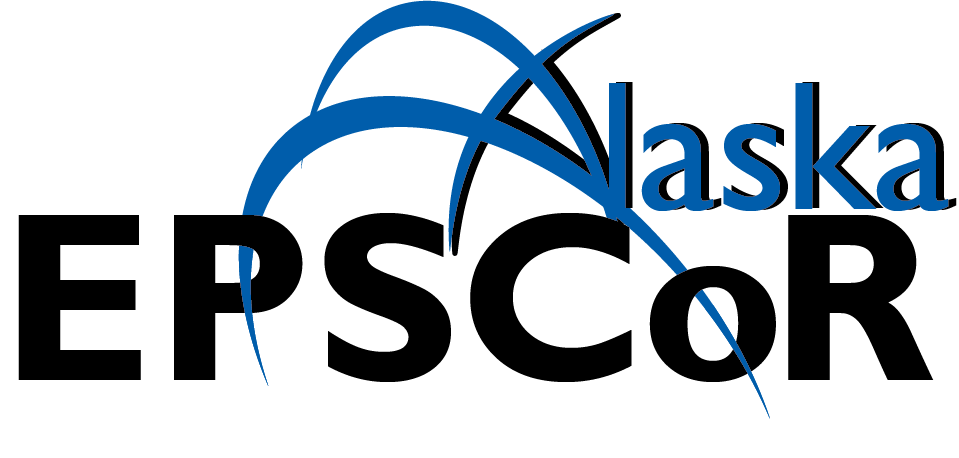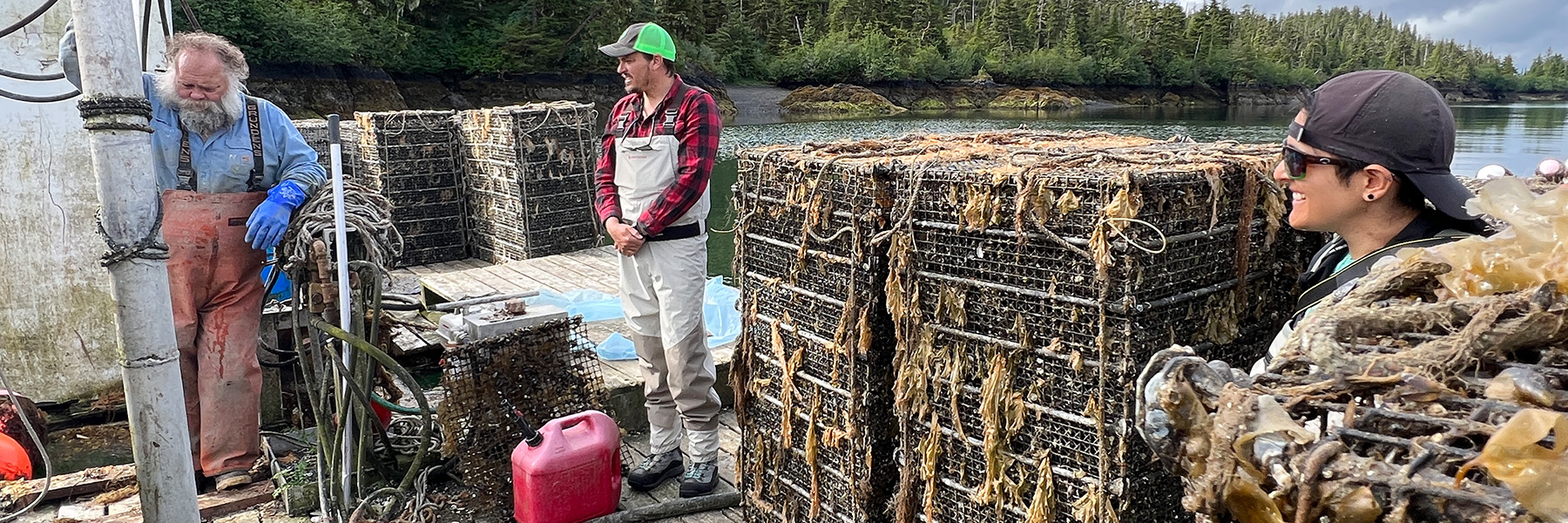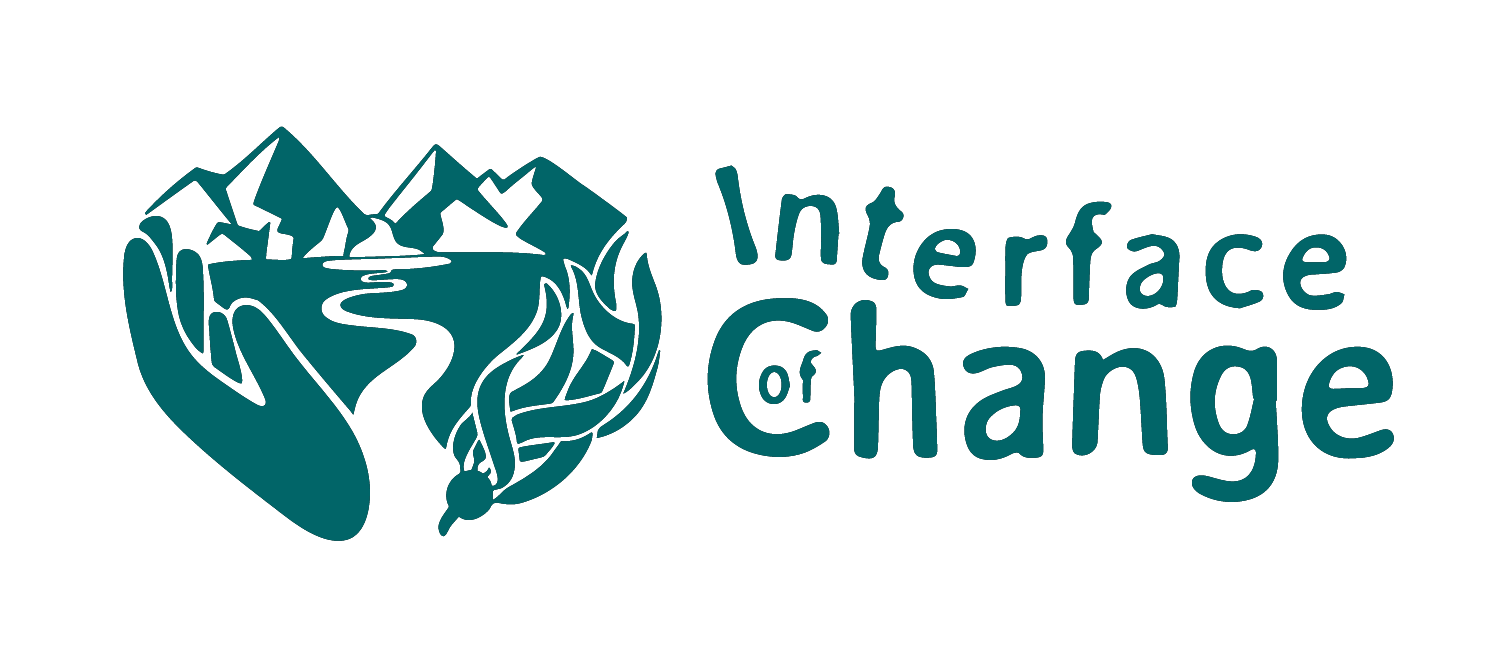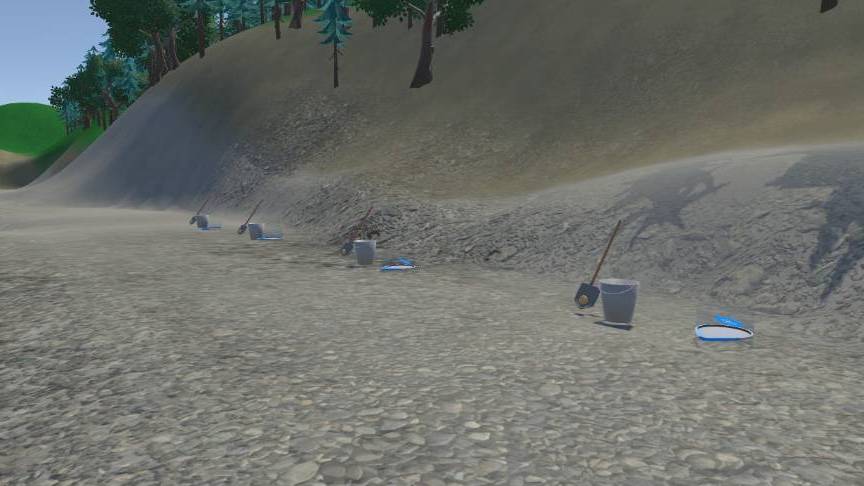Building Alaska's STEM Capacity
Alaska NSF EPSCoR improves scientific research capacity and broadens participation in science, technology, engineering and mathematics (STEM) in Alaska by engaging in multiyear, collaborative statewide research projects supported through National Science Foundation and the state of Alaska.
Current Projects
News
News & features on Alaska NSF EPSCoR projects
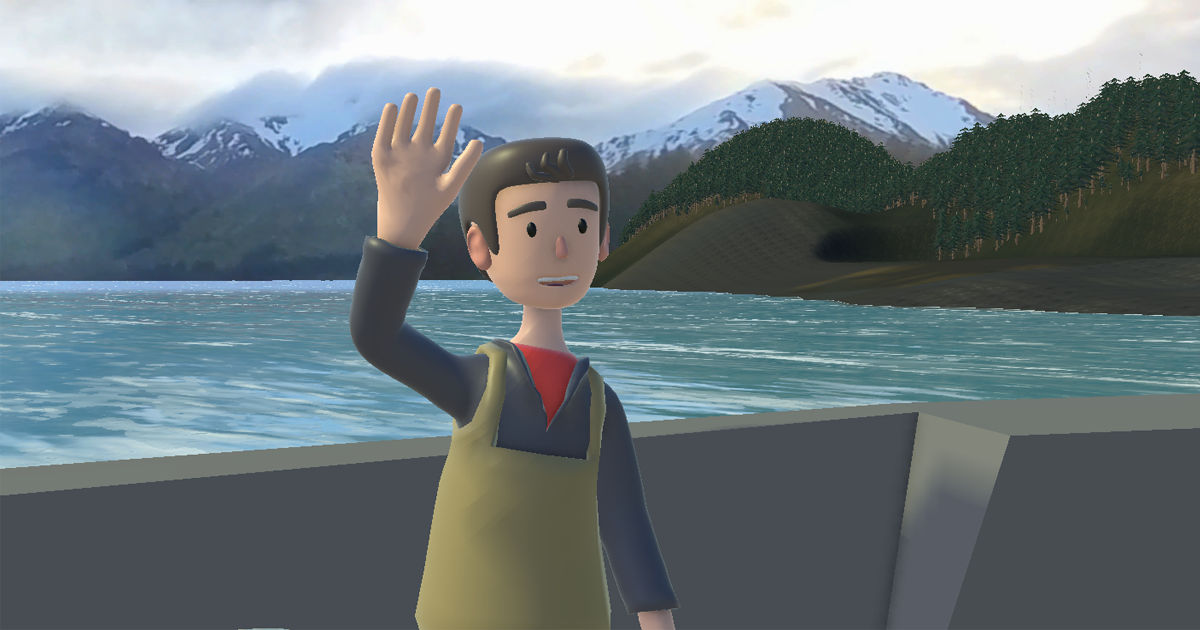
Feb 06
We're looking to hire a University of Alaska Fairbanks student to be our new Data Visualization Intern for Alaska NSF EPSCoR! As an intern, you'll join our Data Visualization team to tell the stories of EPSCoR science and data through interactive media such as animated graphs and videos, VR games, immersive 360 experiences, and more! Learn and exercise your technical skills like coding in Python and C# and software including Adobe Suite products, Unity, and Blender. Applications will be reviewed as they are received. Apply now!

Nov 27
Growing the Alaska Blue Economy. A reflection by Tommy Sheridan, Director of the Alaska Blue Economy Center

Nov 26
A reflection by Alaska Sea Grant Coastal Community Resilience Specialist and Interface of Change Co-PI Davin Holen.
By the Numbers
Since 2001, Alaska NSF EPSCoR has grown Alaska's research capacity
Featured Content
Featured multimedia content made by the Alaska EPSCoR Data Visualization Team. Engage and learn about the research taking place at Alaska NSF EPSCoR.

